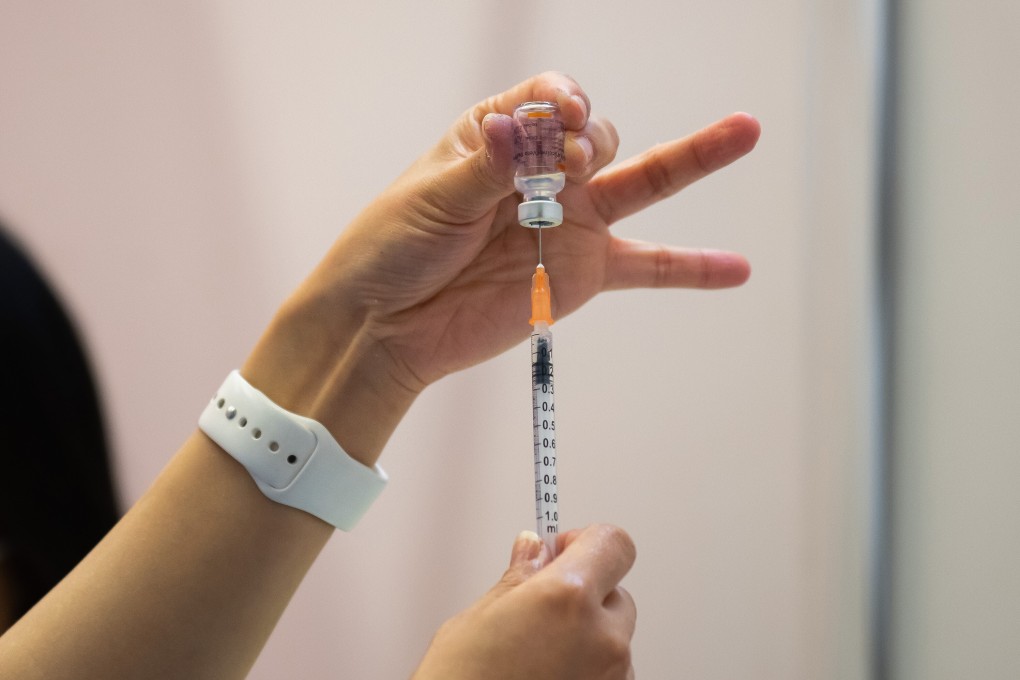Editorial | Hong Kong can do without confusion over coronavirus jabs
- The sight of some cabinet members having a third shot against Covid-19 has not only raised concerns about equal opportunity, but also over the protection offered by previous doses

The Covid-19 strategies adopted by different authorities around the world can be confusing at times. A case in point is the need for the so-called booster jab.
While it has already been administered in some countries, Hong Kong government experts are of the view that only vulnerable groups will need it.
The advice may seem at odds with the eagerness for additional dosage among some people, especially when some members of the chief executive’s cabinet and others are trying out the third shot in an exclusive medical study.
The news has not just raised concerns about whether members of the community are being given an equal opportunity to sign up for the trial. According to some executive councillors who joined the study, their antibodies that guard against symptomatic infection had already fallen to undetectable levels.
The revelation understandably worries others who were also among the early batch to receive their Chinese-made Sinovac jabs in February. But experts say it does not mean the vaccine offers no protection. The jabs can still reduce the risk of infection resulting in serious complications and death.
We trust the study will provide more insights on the way forward. The switch to the German-made BioNTech vaccine by some councillors will shed some new light on cross-vaccination, a method that still requires further clinical analyses. It should not be seen as a sign of no confidence in Sinovac.
